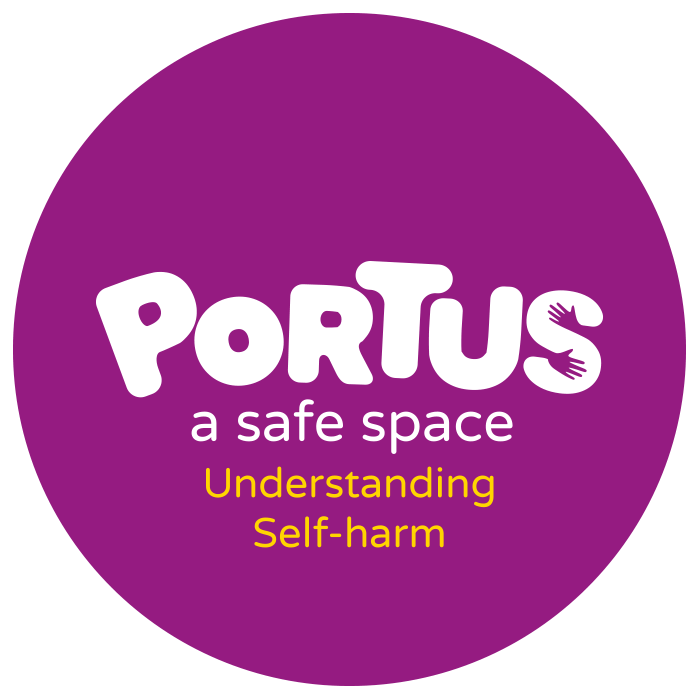Being sad, stressed, depressed or having other difficult feelings is a normal part of life, and having these feelings does not mean someone has a mental health problem. All sorts of things happen in life and these feelings are a natural reaction.
However, if someone is feeling constantly unable to cope, having feelings or experiences that are “taking over”, can’t be understood or can’t be shifted, then this could be a sign of a mental health problem. One in 4 of us will experience a mental health problem like depression, stress or anxiety at some point in our lives and there is good treatment and support out there to help people get better.
Take a look at Young Minds for more information.
Mental illness
Mental illnesses are conditions and disorders that affect our mood, thinking and behaviour. Examples include Depression, Anxiety, Schizophrenia, Addiction, Self-harm and Eating Disorders.
When someone has a mental illnesses it can, just like a physical illness, often be treated (so a person recovers completely) or managed by treatment or medication (to reduce the impact of an illness on a person’s life).
Sometimes people can manage their symptoms and lead a life virtually unaffected by the condition. Sometimes however, the illness or condition can be chronic – that means it is long term, and the person may need a lot of support and face real changes in their lives for a period of time.
Signs & Symptoms
There are a number of signs and symptoms a person with a mental health problem or a mental illnesses may experience. What’s confusing is loads of the things listed are things that can happen to any of us any day – especially when people are going through puberty and changes in life – we can have many of these feelings without being unwell! (Just like you can have a stomach ache or a headache without it meaning you have a serious medical condition).
Signs and symptoms can be physical or they can be emotional, a one-off experience or a regular occurrence.
Experiencing any of these things does not mean someone has a mental health problem. However, if one of these things or many of these things are happening, and it’s affecting a person’s life, or confusing or scaring them, they should definitely speak to someone about what’s happening so they can help them make sense of it:
- Weight change or change in appetite
- Feeling worried, anxious or stressed
- Wild mood swings
- Losing enthusiasm and energy – not enjoying things they normally do
- Seeing, hearing or feeling unusual or scary things
- Being unable to sleep or to get out of bed
- Feeling urges to do things that aren’t healthy, safe or sensible
- Acting out of character
- Feeling strange or disconnected
- Stopping seeing people and doing things, and hiding away
- Feeling hopeless, useless, unlovable or worthless
- Feeling like harming themselves (Self-harm) or someone else
- Starting to use drugs, alcohol or cigarettes, or increasing how much they use
- Losing it – losing control, emotional outbursts, constant crying
- Uncontrollable anger or anxiety.

Find out more
To find out more about things that can affect our emotional well-being, as well as to learn more info about specific mental health problems, mental illnesses and treatment, visit our Emotional Well-being: A to Z section
Experiencing difficulties with mental health is common, sometimes people may use Self-harm as a way of coping with difficult feelings. If you want to learn more about Self-harm and helpful ways of coping you can visit PORTUS, a safe space for understanding Self-harm.


